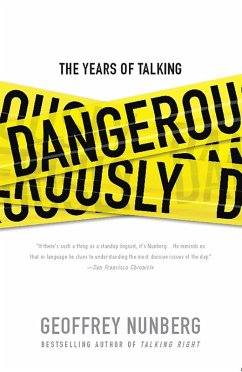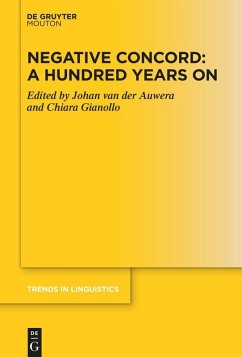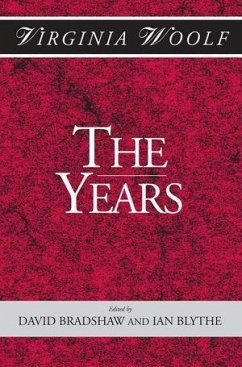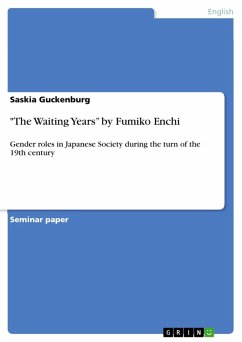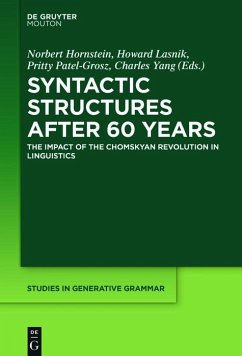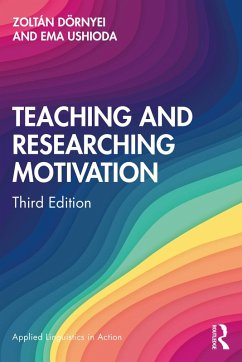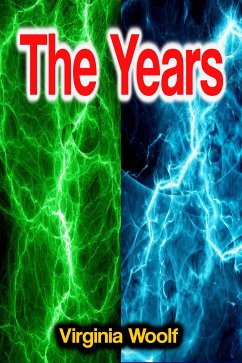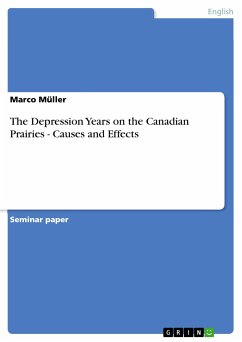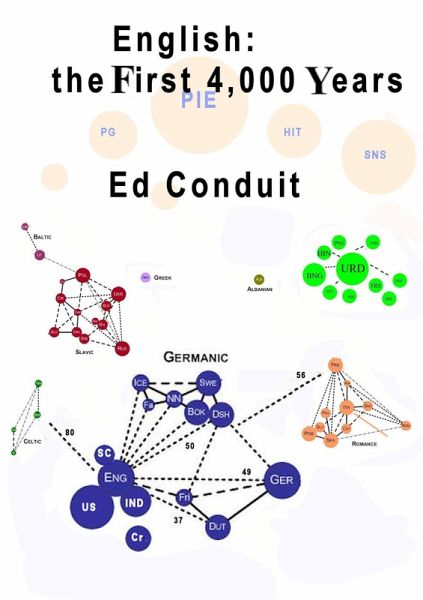
English the First 4000 years (eBook, ePUB)

PAYBACK Punkte
0 °P sammeln!
English is one of 450 current languages that derive from a common ancestor. It is possible to reconstruct this Proto Indo European from its descendants, particularly Ancient Greek, Sanskrit, Latin and Hittite. From this highly inflected language 4,000 years ago we arrive at Modern English, which has abandoned all but a dozen inflections in favour of a word order grammar. After the Romans left, migrants from Anglia brought their Germanic language and started to push Welsh speakers westwards, ignoring their speech. These Angles and Saxons were in turn pressured by migrants speaking a north Germa...
English is one of 450 current languages that derive from a common ancestor. It is possible to reconstruct this Proto Indo European from its descendants, particularly Ancient Greek, Sanskrit, Latin and Hittite. From this highly inflected language 4,000 years ago we arrive at Modern English, which has abandoned all but a dozen inflections in favour of a word order grammar. After the Romans left, migrants from Anglia brought their Germanic language and started to push Welsh speakers westwards, ignoring their speech. These Angles and Saxons were in turn pressured by migrants speaking a north Germanic language. Later still these Danes reluctantly adopted Middle English, but got rid of grammatical gender and adjectival agreement, and gave us phrasal verbs instead. English re-emerged from under Norman French in 1425 with the law and printing encouraging standardised writing. The spoken language continued to diverge from this so that we have a very irregular spelling and quirky verbs, designed to frustrate foreigners! Two imperial powers - the UK and the USA - took English around the world as the language of science and business, but poorer people also adopted the lexicon for creoles. In the 21st century gaming, technology and the desire to belong to a private online community continue to change the language in ways we can begin to anticipate.
This book accompanies an online members' group of the University of the Third Age.
This book accompanies an online members' group of the University of the Third Age.
Dieser Download kann aus rechtlichen Gründen nur mit Rechnungsadresse in A, B, CY, CZ, D, DK, EW, E, FIN, F, GR, H, IRL, I, LT, L, LR, M, NL, PL, P, R, S, SLO, SK ausgeliefert werden.




